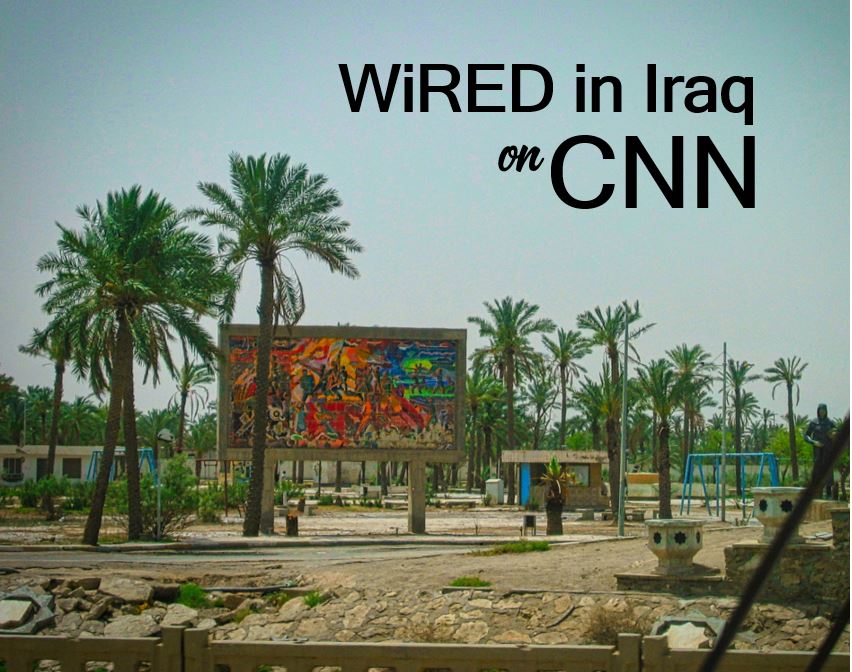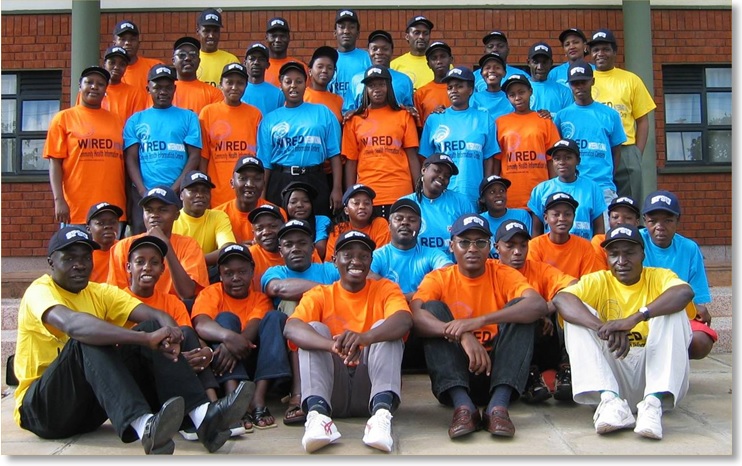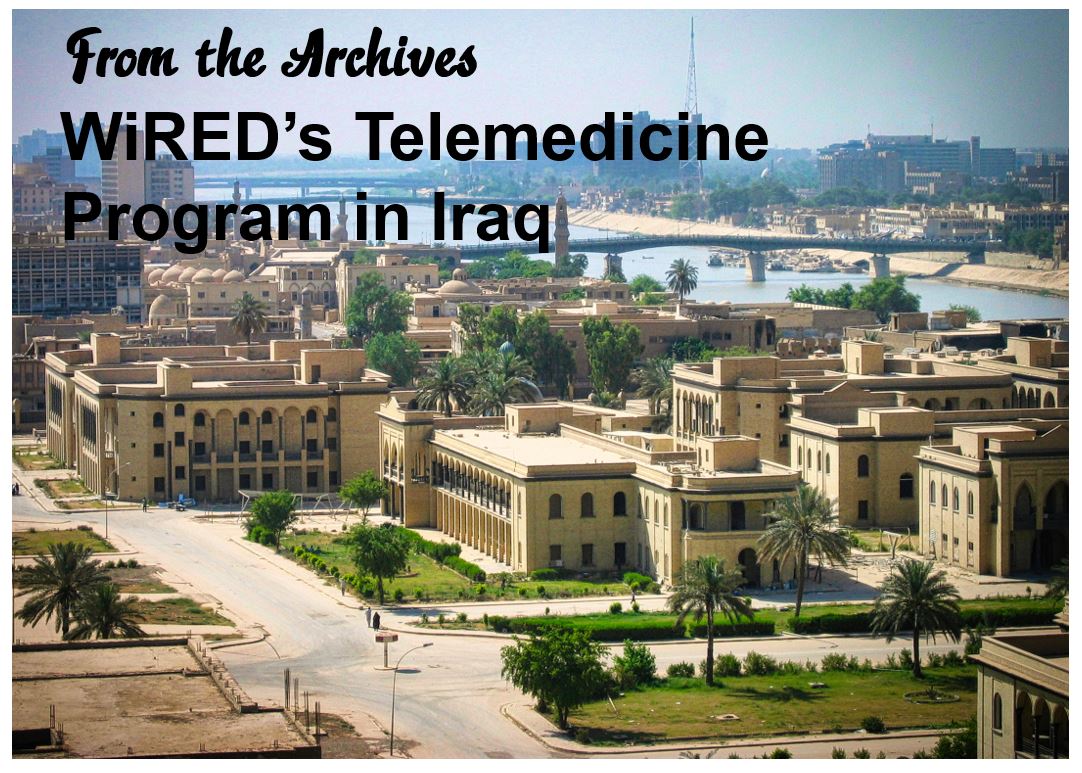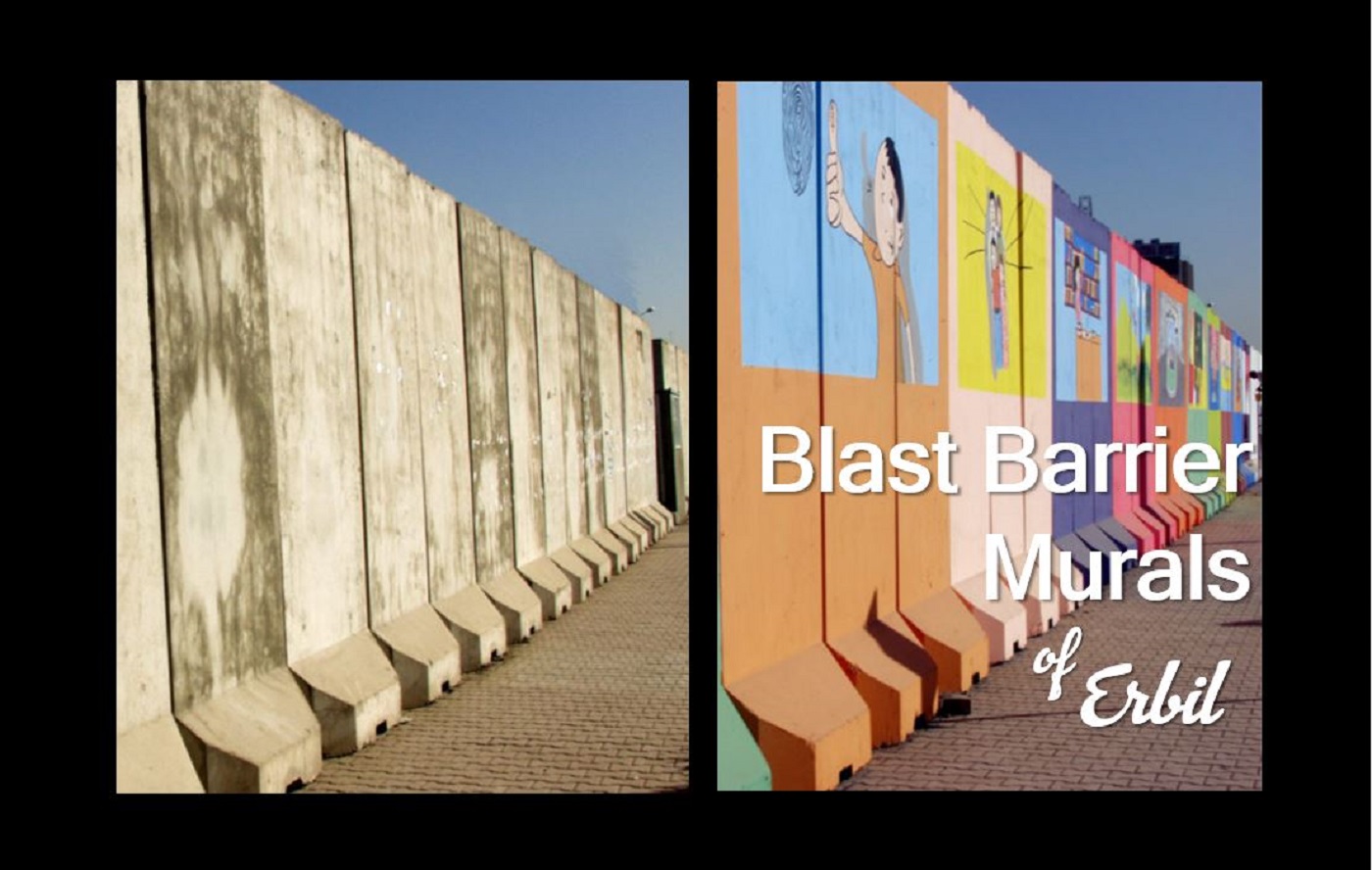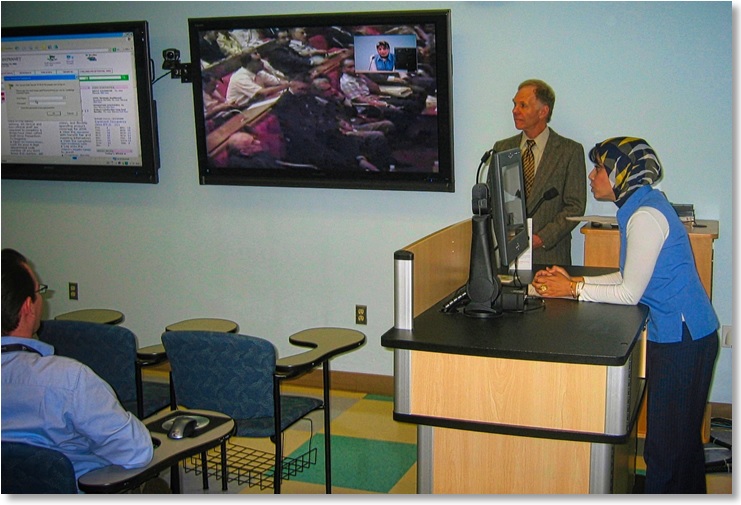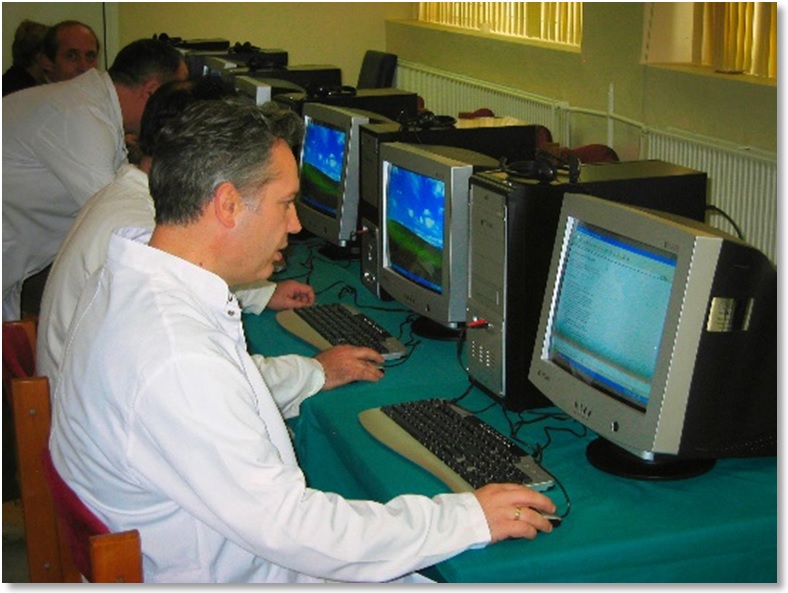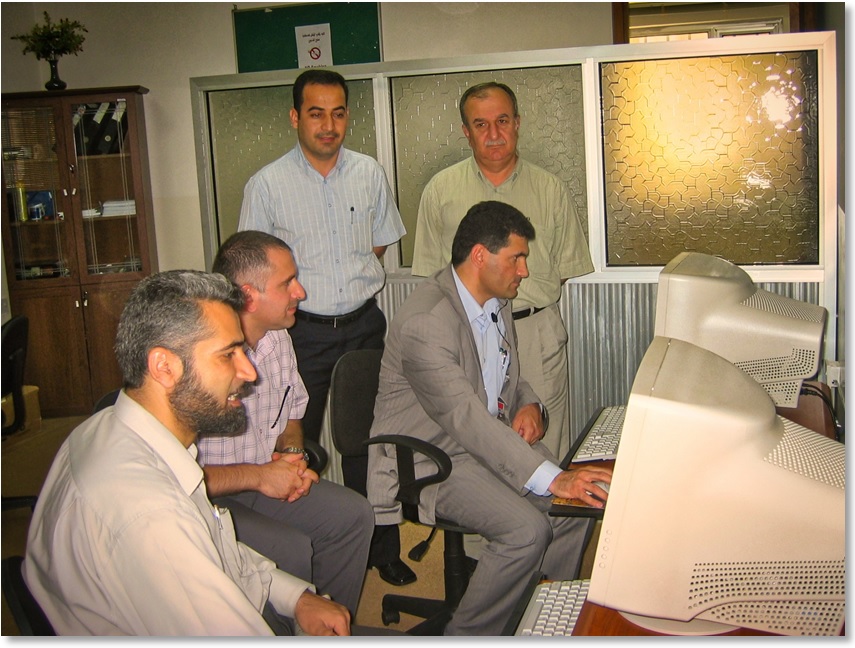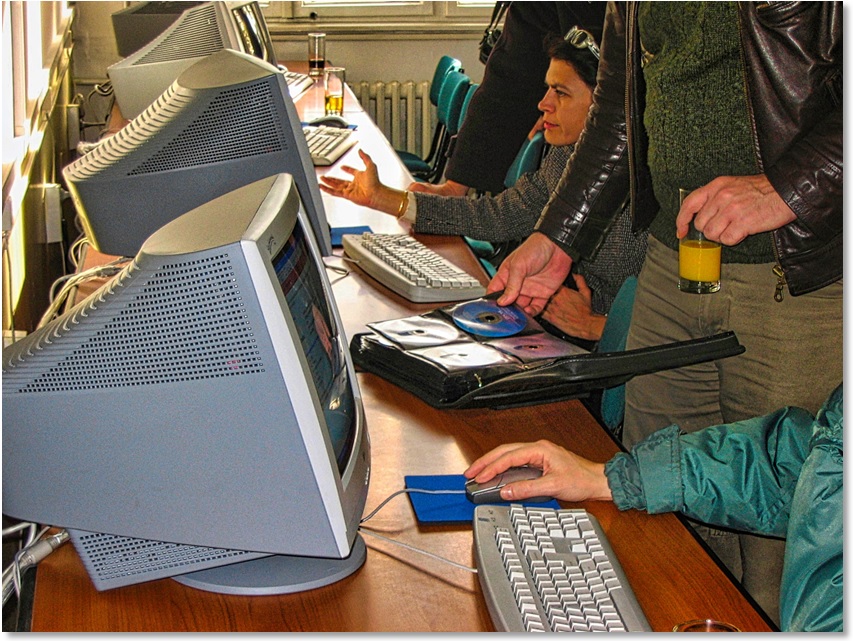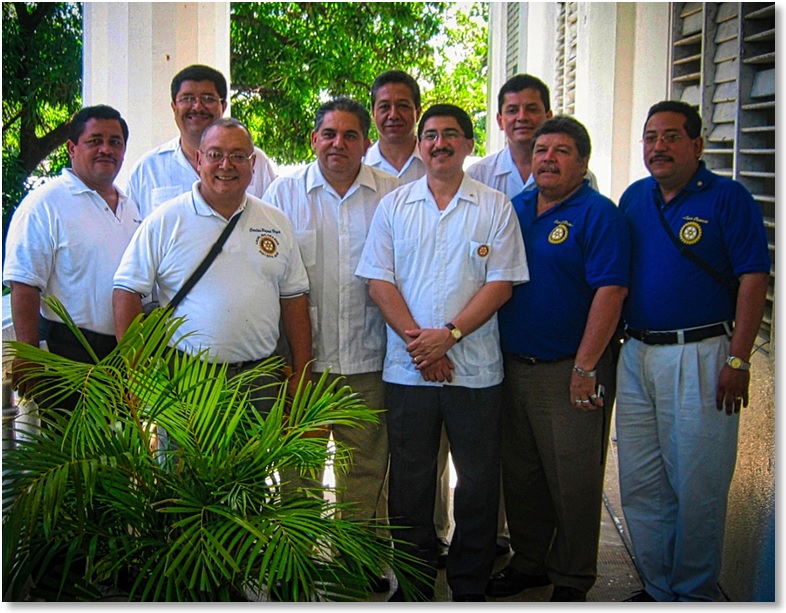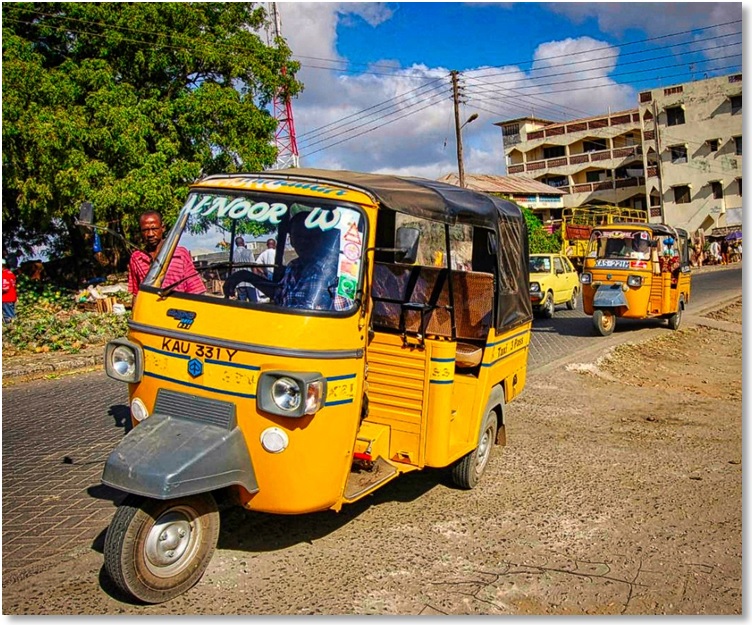We have recently republished several stories about our early work in the former Yugoslavia. Readers may recall from these articles that in the late 1990s and early 2000s, in six countries across that region, WiRED installed dozens of Medical Information Centers (MICs). The MICs provided doctors, nurses and medical students with interactive training programs on CD-ROMS and then online training, as soon as we were able to establish Internet connections.
We supplied a wealth of medical information, but one problem faced by users of our MICs was their inability to access the latest medical journals. In the early 2000s, most medical journals provided articles online, but they charged steep access fees. The former Yugoslavian countries, and the other low-resource countries we served around the world, could never afford the fees charged by the journals.

